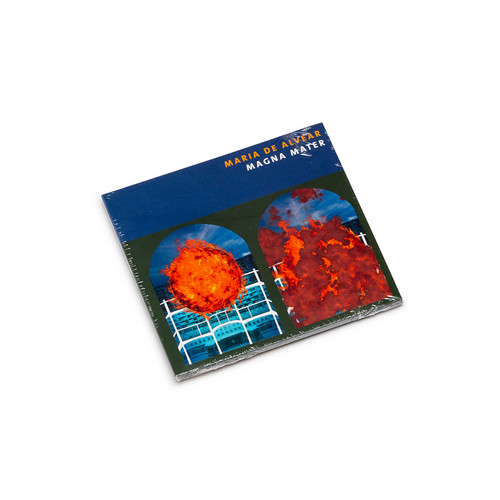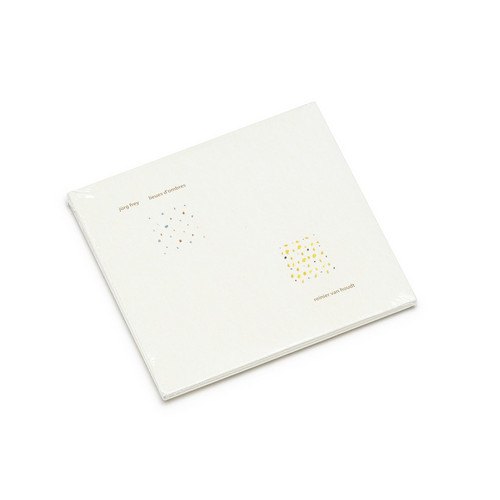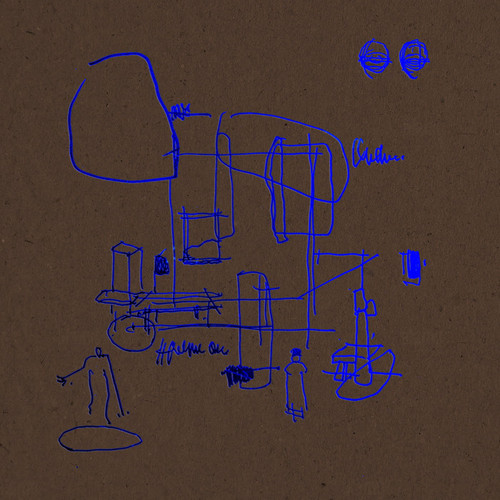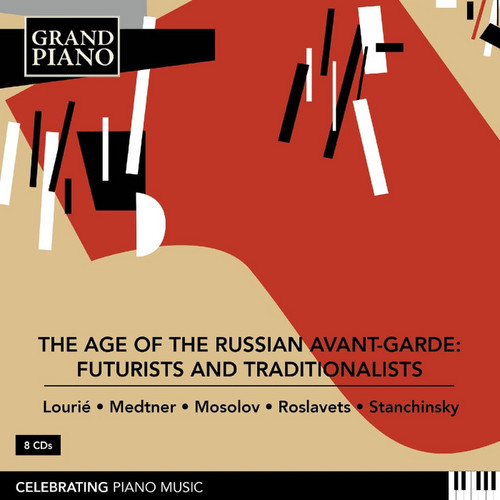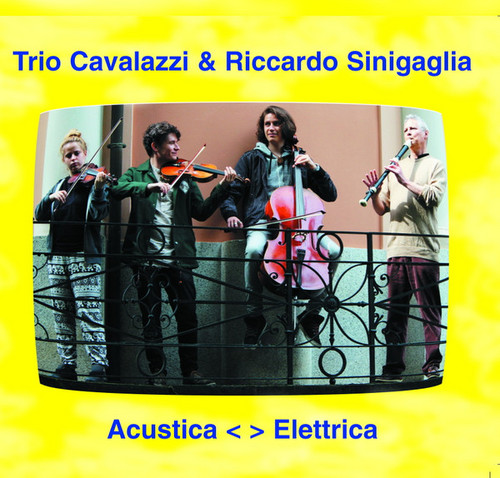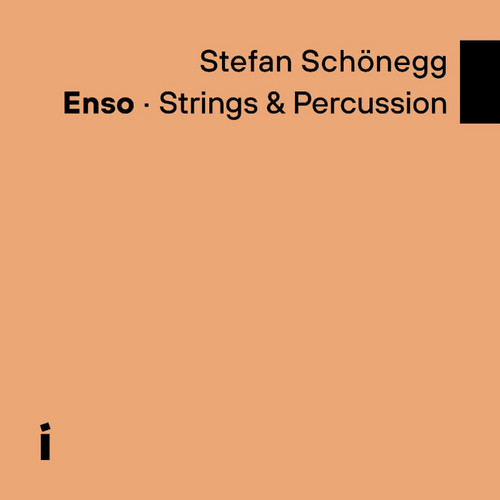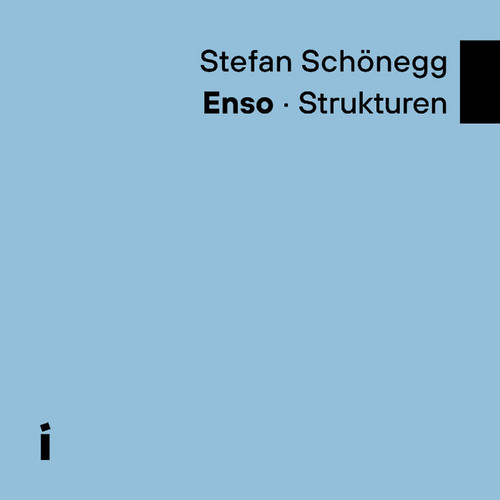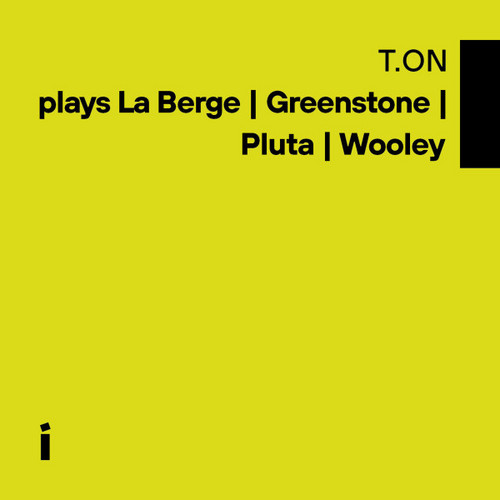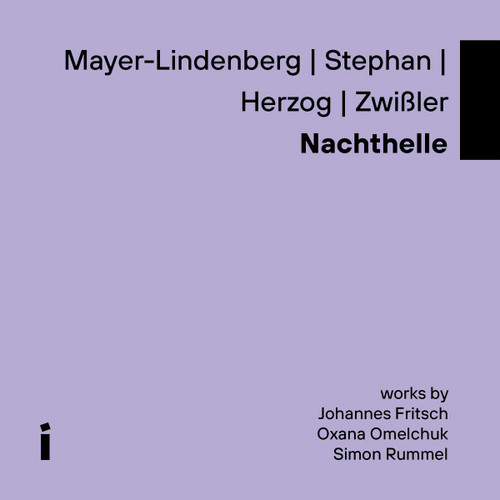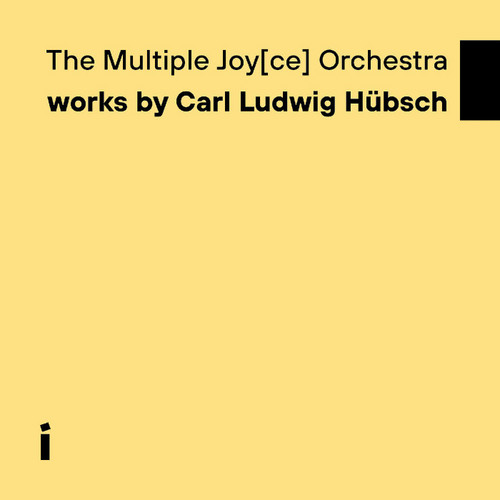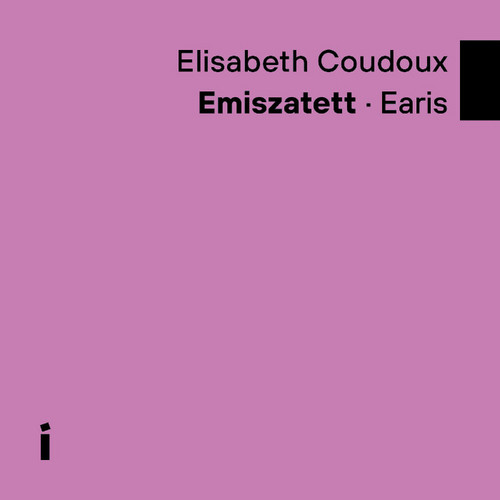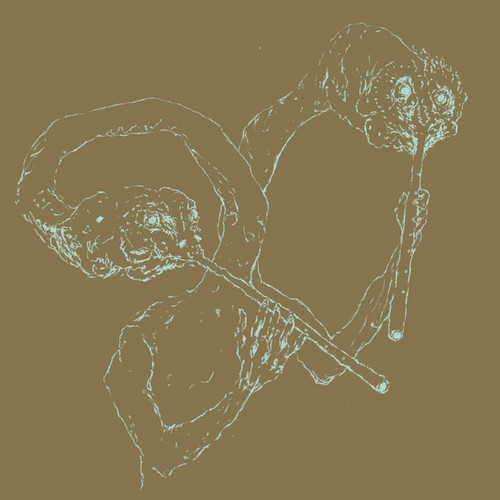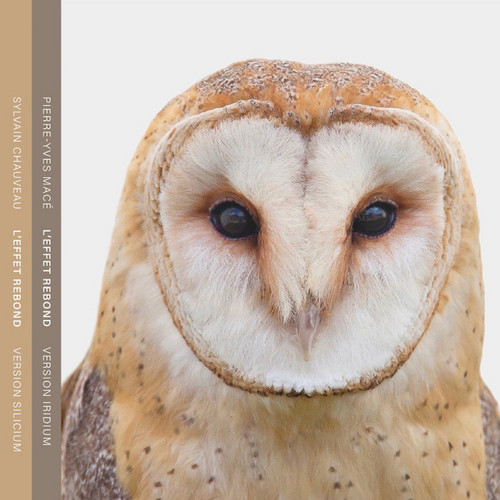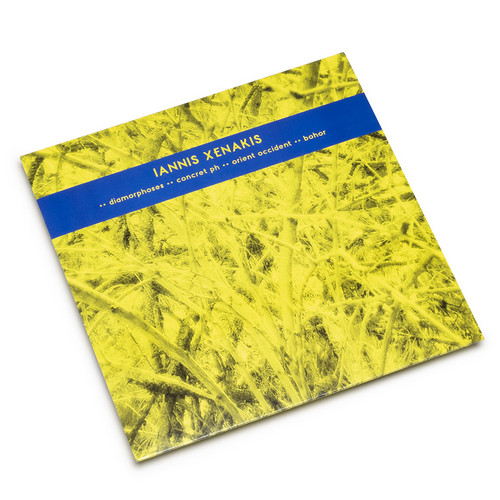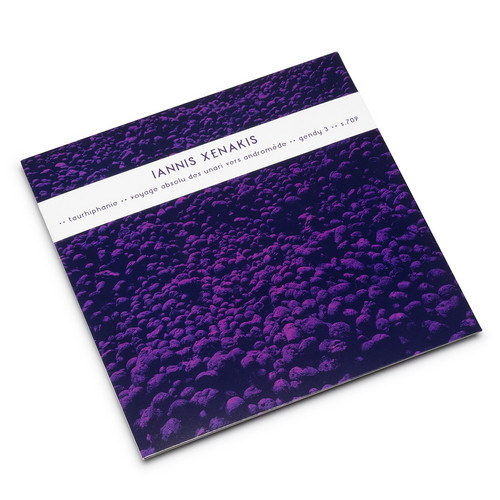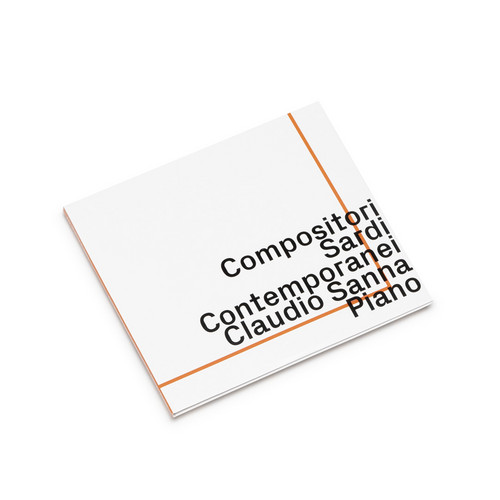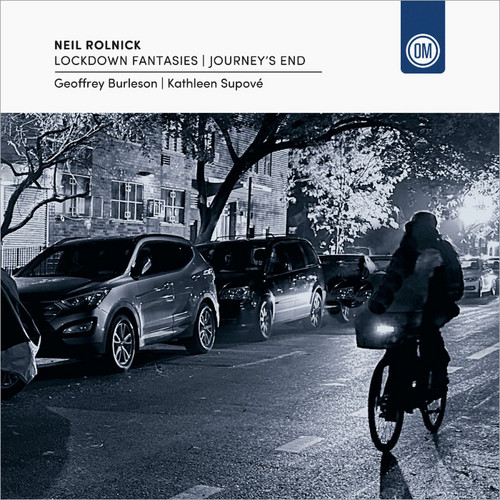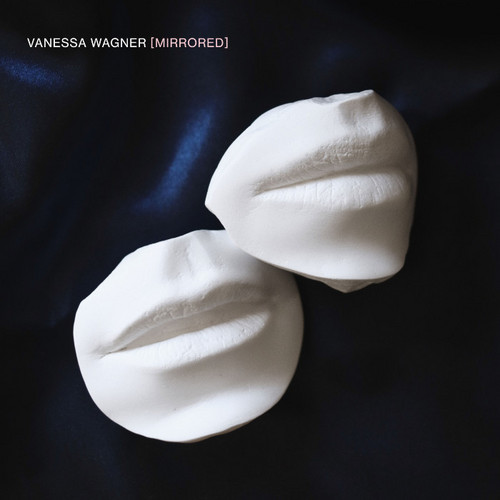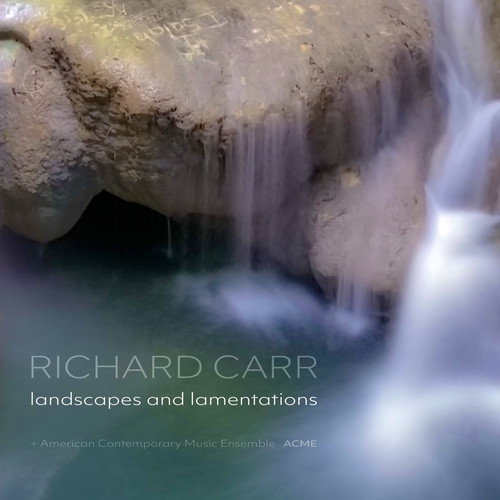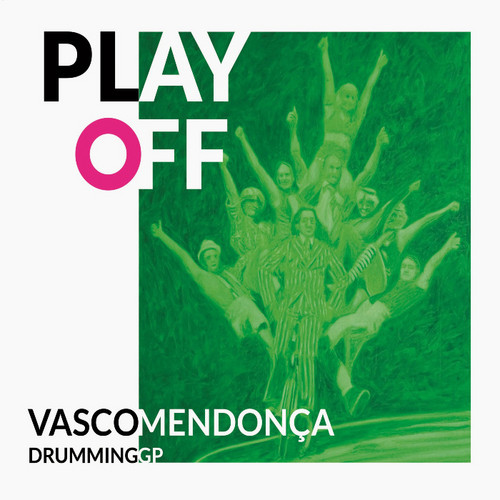Magna Mater
*In process of stocking* "Magna Mater for voices, ensemble and video installation (2013) is one of Maria de Alvears most important recent works. It constitutes a ritualistic invocation of all-nourishing Mother Nature. Sounds, words and images evoke her power and wisdom, the destructive power of earthquake, asteroid impact, drought and firestorm, and the life-giving elements of soil, sun, water, air, sky, clouds, rain.
In this decidedly visceral music, Maria de Alvear explores archetypal human c…
Lieues D'Ombres
Swiss composer Jürg Frey and Dutch pianist/composer Reinier van Houdt are reunited on this triple CD, 'lieues d'ombres', after their successful collaboration on 'l'air, l'instant - deux pianos' (elsewhere 014), during which the two built a close rapport.
'lieues d'ombres' contains seven of Frey’s solo piano works, written from 1984 – 2018, including one previously unreleased work, ‘Three Piano Pieces’. All seven pieces were recorded by Micha de Kanter at The Muziekcentrum van de Omroep (MCO) in …
On Giacometti
Hania Rani announces "On Giacometti" a tender meditation on the life and art of Alberto Giacometti and family. "On Giacometti" is a collection of beautiful recordings inspired by the renowned artist and family and features some of Rani's most profoundly delicate compositions to date. Invited by film director Susanna Fanzun, to score her forthcoming documentary on the legendary artist Alberto Giacometti, Hania Rani took herself to the Swiss mountains to compose in blissful isolation. As Rani expl…
The Age of the Russian Avant-Garde - Futurists & Traditionalists
Modernity in Russian music emerged despite its struggles with the Soviet regime in the early 20th century, with the mystical vision of Scriabin’s musical legacy providing a foundation on which to build. In these acclaimed albums we discover Medtner’s life affirming Sonatas, and hear Lourié’s journey from Impressionism to pioneering Cubist conceptions. Mosolov’s works are bold and complex, while Roslavets new tonal system brings ‘fi re and ice’, and Stanchinsky’s sophisticated virtuosity anticipa…
Acustica < > Elettrica
*2022 stock* 'We can appreciate some musical works for a variety of reasons. Some unleash a narrative that can read our present and its problems very well, others prefer to move on abstract codes, whether experimental or electronic. Still others may propose ethnographic readings as much aimed at an examination of the past and tradition as they try to probe the future through spatial or psychedelic atmospheres. Then there are proposals capable of going beyond any stylistic framework and floating …
Enso: Strings & Percussion
*In process of stocking* "Cologne bassist and composer Stefan Schönegg seems drawn to sound without end, a vibrating mass that crawls like a glacier toward the infinite. He’s used the moniker Enso for five recordings now, and although each album has featured a shifting group of collaborators, his vision has persisted without distraction. Enso: Strings & Percussion, which was recorded following a performance with the same ensemble as part of Cologne Jazzweek in September of 2021, introduces a new…
Enso: Strukturen
*2022 stock. In process of stocking* The world slowed down immeasurably in 2020 as the Corona virus pandemic spread across the globe, and Cologne bassist and composer Stefan Schönegg applied that shift to his own music. “I developed a deep longing for reduction and deceleration—in music and in life,” he says. Indeed, Strukturen, the latest transmission from his ensemble Enso, is marked by a Zen-like serenity. Since launching the project back in 2016 Schönegg has embraced minimal materials for th…
Plays La Berge | Greenstone | Pluta | Wooley
*In process of stocking* The second release of the trio T.ON - Matthias Muche (trombone), Constantin Herzog (double bass) and Etienne Nillesen (extended snare drum). This time T.ON presents four fixed media commissioned compositions by Anne La Berge, Madison Greenstone, Sam Pluta and Nate Wooley with talkboxes, bells and tubes, which were performed in four churches of Gottfried Böhm.
Nachthelle (Works By Johannes Fritsch | Oxana Omelchuk | Simon Rummel)
*2022 stock.* Actually, the CD "Nachthelle" should have been a concert for the 80th birthday of Johannes Fritsch (1941-2010). Because of Corona, it now became a CD. Luck in misfortune. Johannes Fritsch was a composer, improviser, violist, author, publisher, organiser and, last but not least, professor of composition at the Musikhochschule in Cologne, where his class was always open to guests over the years, also from the field of improvised music. The present publication contains the pieces "Vio…
Works By Carl Ludwig Hübsch
The Multiple Joy[ce] Orchestra presents its new CD "works by Carl Ludwig Hübsch" with all kinds of illustrious musicians from Cologne (and non-Cologne)!
Earis
*2022 stock* In November 2020, stuck in cologne, Elisabeth Coudoux composed this pieces – more close to her own intuition. These ideas are a direct result of a conceptual processes that matured over the span of many years, shaped by the individual sound and the personalities of the musicians involved. 12 short sonic islands teem with abstract, experimental sounds that don’t shy away from melody or formal play. Earis - The ear behind the iris - the idea of seeing without words, of forming a music…
Milli Mille
KRAAK is proud to present the first LP by Bloedneus & de Snuitkever, Milli Mille. Finally in wax, it’s Lukas De Clerck’s musical vehicle for his explorations with the aulos, that ancient reed instrument that mainly satyrs and archeological enthusiasts found beguiling. Equipped with his handmade pipes and the artful sense of devotion of a true modern-day aulete, De Clerck has dug deep into the technical and cultural peculiarities of this long-silenced instrument, paying it the kind of attention a…
L'Effet Rebond (Version Iridium / Version Silicium)
*In process of stocking* 'L'effet rebond' is not one album but two. Two parallel albums sharing the same title. One by Pierre-Yves Macé, the other by Sylvain Chauveau - two friends and regular collaborators for nearly twenty years.
Both works come from the same original material:a few tracks of guitar, piano, harmonium and vocals, initially recorded by Chauveau. The lyrics (in French, English, Japanese) are very short poems by or quotations from e.e. cummings, Thelonious Monk, John Cage, Basho, …
Diamorphoses / Concret Ph / Orient Occident / Bohor
Iannis Xenakis's early electroacoustic works define already the compositional space he is using later in his mature, almost one-hour long works like Persepolis or La Légende d'Er. After arriving in Paris as a Greek refuge in 1947, Xenakis quickly found a work as construction engineer with the architect Le Corbusier. He tried in vain for several years to become a member of the Groupe De Musique Concrète (GRM) and thus to gain access to the electroacoustic studios at the French radio. Pierre Schae…
Taurhiphanie / Voyage Absolu Des Unari Vers Andromède / Gendy 3 / S.709
Iannis Xenakis's late electroacoustic music became electronic: all sounds are synthetic "explicit computer music" as Peter Hoffmann called it. The music presented here shows Xenakis's way back from spatialized immersive music and multimedia spectacle to simple loudspeaker music. The sound does not move anymore, there are no synchronized visuals: nothing remains but structured noise. Xenakis used two inventions he had already presented in the context of the Polytopes: sounds created by stochastic…
Compositori Sardi Contemporanei
Temporary Super Offer! Compositori sardi contemporanei produced by the Swiss label Hat Hut Records Basel and directed by Werner X. Uehlingeris a snapshot of the Sardinian contemporary music world with an initial focus on eight composers Luciano Chessa, Andrea Granitzio, Paolo Pastorino, Riccardo Collu, Giuseppe D'Amico, Giovanna Dongu, Claudio Sanna, and Luca Sirigu. The project is conceived as a work in progress, therefore with constant updating of the repertoire and attention to what is happen…
Lockdown Fantasies
*In process of stocking.* Other Minds is pleased to present Lockdown Fantasies, the new album from composer Neil Rolnick. The album features two new works for piano and electronics written for and performed by Geoffrey Burleson and Kathleen Supové. Both works are dense and thoughtful with an emotional edge, much like the oeuvre that Rolnick has built up over his 40 year career as a composer.
The album opens with its titular piece, "Lockdown Fantasies," performed by Geoffrey Burleson. The piece w…
Mirrored
French pianist Vanessa Wagner collects solo piano studies of graceful minimalism and rare finesse for new album Mirrored.
Landscapes and Lamentations
“Music and nature have a long and illustrious history together,” writes violinist, composer, improvisor, hiker, Richard Carr. “It’s been done a zillion times, but I can’t fight it anymore. True, I spend more time than most knocking around the woods and winding up and down the trails. Over the course of six decades, I have explored the major mountain ranges of six continents. This has been long enough to witness first-hand the changes that have been so apparent not only to the naked eye but also …
Play Off
*In process of stocking* Play Off is the new record by the composer Vasco Mendonça, performed by Drumming GP and edited by Holuzam. Resulting from the accomplice creative partnership between Vasco Mendonça and the ensemble led by Miquel Bernat, all the works on this disc (which includes an unusual piece for countertenor and percussion, from poems by Terrance Hayes and Tracy K. Smith) are commissions from the group to the composer, under the Composer in Residence programme in 2019/2020.
At this l…
